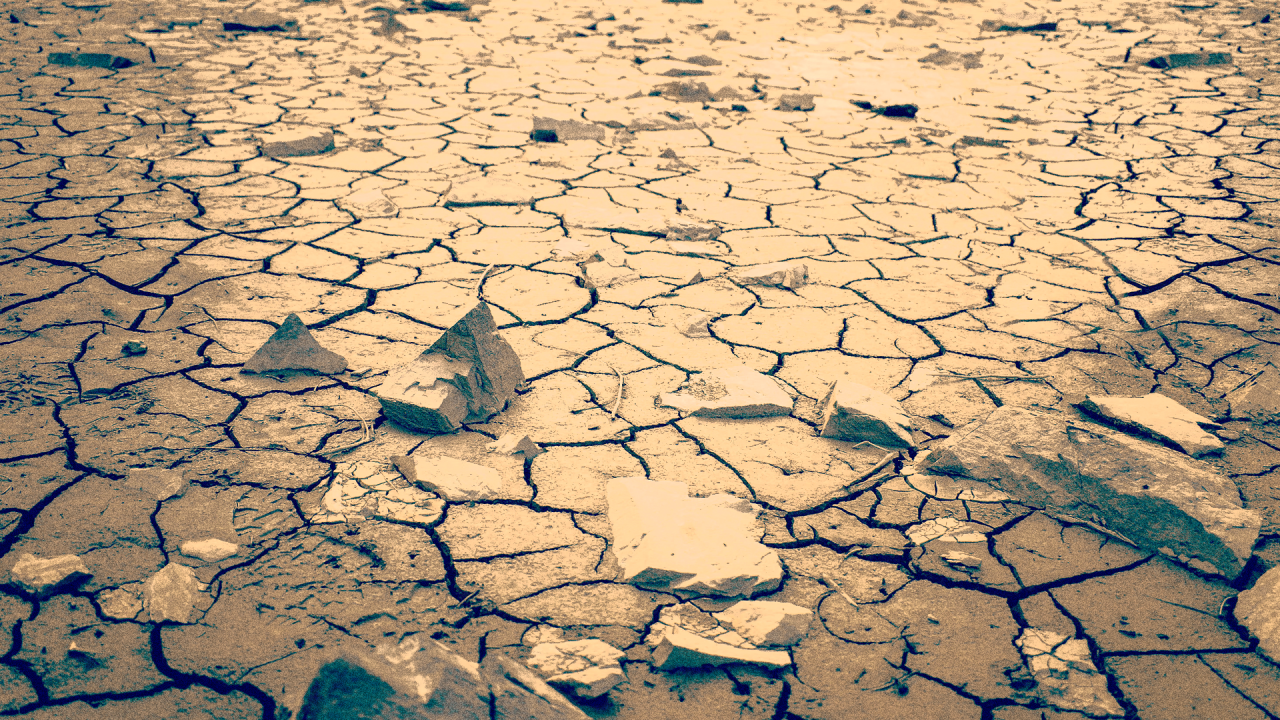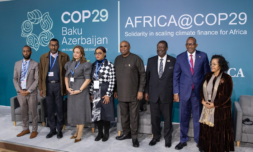This year’s UNCCD COP16 summit dubbed ‘Our Land, Our Future,’ highlights the pressing need to tackle growing land degradation worldwide. The latest UN report reveals that over three-quarters of the Earth’s land has already dried up for good.
The United Nations presented disturbing findings on Monday at the UN Convention to Combat Desertification – UNCCD COP16 summit in Riyadh, Saudi Arabia – that about 77.6% of Earth’s land has dried up, marking a shift in global land degradation talks.
The report identifies that desertification and land degradation are creating a global crisis with far-reaching consequences. Some 77.6% of Earth’s land experienced drier conditions during the three decades leading up to 2020 compared to the previous 30-year period.
This has worsened food insecurity, brought about drastic loss of biodiversity, forced migration, and economic instability.
The UN identifies land degradation as the second-biggest source of greenhouse gas emissions in the world. Land misuse, meanwhile, has reportedly released some 2 billion tons of aerosols into the air each year signaling a major health and environmental problem.
The UN stresses that, though the situation looks grim, we can still turn land degradation around and it makes economic sense to do so. Fixing damaged land offers a way to tackle climate issues, protect wildlife, and boost the economy all at once.
Projects like the Group on Earth Observations (GEO) are putting advanced Earth Observation data to use, giving countries the analytics and tools they need to monitor and fight land degradation.
The report also pushes for a unified strategy on land management, giving top priority to giving land renewed life – primarily through farming in ways that last and planting more trees.
It stresses how crucial solutions based on nature are, as they could sequester up to 25% of CO2 emissions worldwide. Mobilising finances reportedly also has a big payoff, with each dollar spent bringing in benefits worth up to $30 through improved ecosystem services.
The Riyadh summit is witnessing a convergence of countries, investors, scientists, and policymakers for making commitments to moving towards solutions (in theory, of course).
The supposed focus is on various aspects, including the designing of large-scale land restoration projects and the improving of resilience to drought and desertification. One of the goals of the UNCCD’s activities is to try and focus global efforts to engage the most affected people, in particular land-dependent people, into sustainable development activities.
The report indicates that there is an immediate cause for concern and a need for nations to work together, for further land management policies can hugely assist in the effort to manage the consequences brought about by Earth’s degradation.
Whether there is any meat behind the talk is another debate entirely… we all witnessed the mess that was COP29. Will the troubling reports spark delegates into action?

















